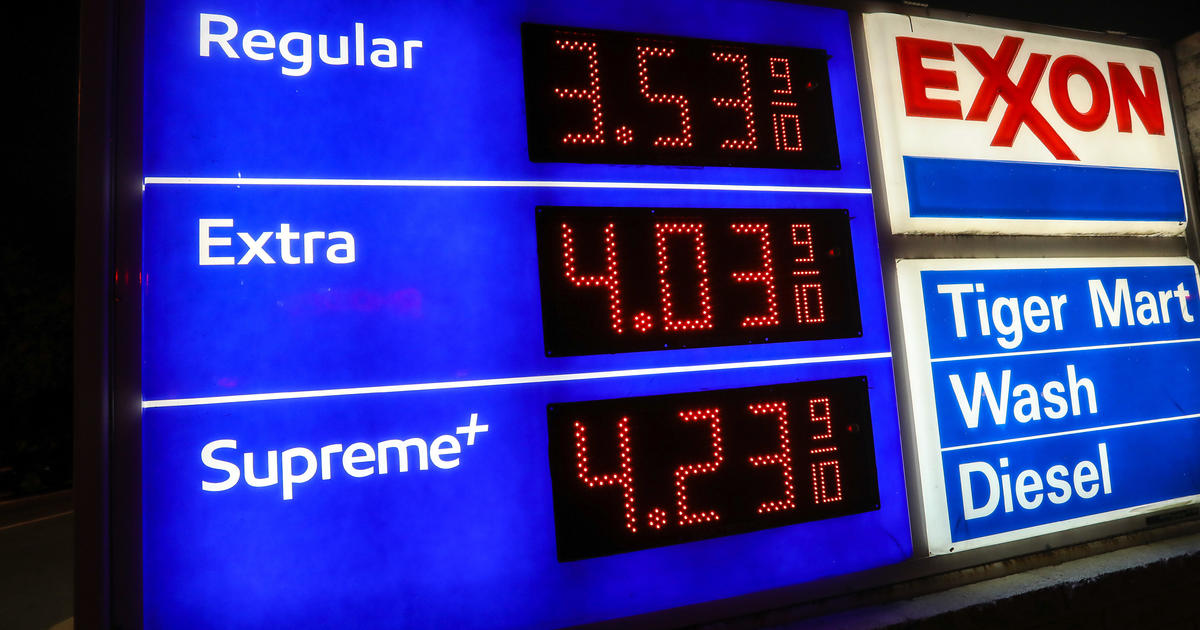
Could Biden's spending plans push inflation even higher?
CBSN
With President Joe Biden this week signing the $1.2 trillion infrastructure bill and Congress now negotiating the $1.75 trillion Build Back Better plan, questions are being raised about whether an increase in government spending could drive up inflation. After all, the measures will funnel a substantial amount of federal funding into an economy already seeing the fastest rise in consumer prices in 30 years.
Some economists say fears about the bills' impact on inflation are overblown. The main reason: Government spending would be spread over a number of years, beginning in 2022 — a point when supply-chain issues currently pushing up prices will likely have subsided.
"The timing is really important — that money will only start flowing into the economy maybe in the end of next year and in 2023 and on," said William Foster, vice president and senior credit officer at Moody's Investors Service. "We think inflation will moderate by the middle of next year. By then, the supply-chain issues will work themselves out."

Vice President JD Vance and Ukrainian President Volodymyr Zelenskyy held a high-stakes meeting at this year's Munich Security conference to discuss the Trump administration's efforts to end the war in Ukraine. Vance said the U.S. seeks a "durable" peace, while Zelenskyy expressed the desire for extensive discussions to prepare for any end to the conflict.

Washington — The Trump administration on Thursday intensified its sweeping efforts to shrink the size of the federal workforce, the nation's largest employer, by ordering agencies to lay off nearly all probationary employees who hadn't yet gained civil service protection - potentially affecting hundreds of thousands of workers.

It was Labor Day weekend 2003 when Matt Scribner, a local horse farrier and trainer who also competes in long-distance horse races, was on his usual ride in a remote part of the Sierra Nevada foothills — just a few miles northeast of Auburn, California —when he noticed a freshly dug hole along the trail that piqued his curiosity.










